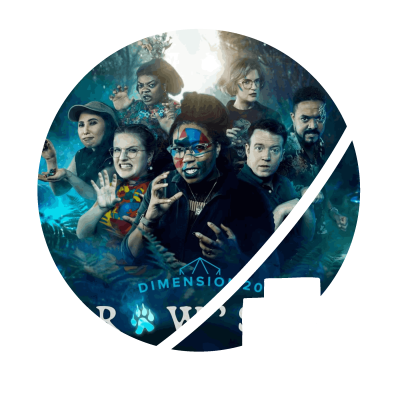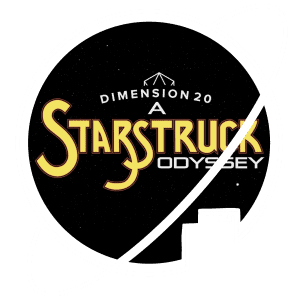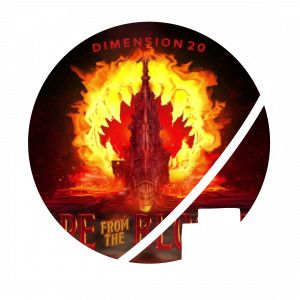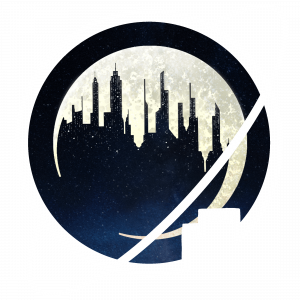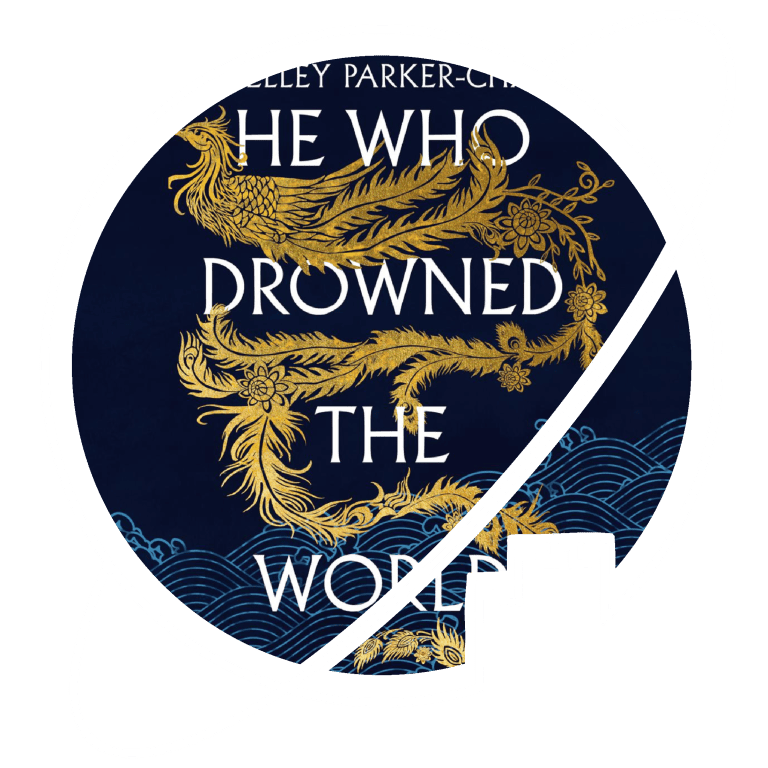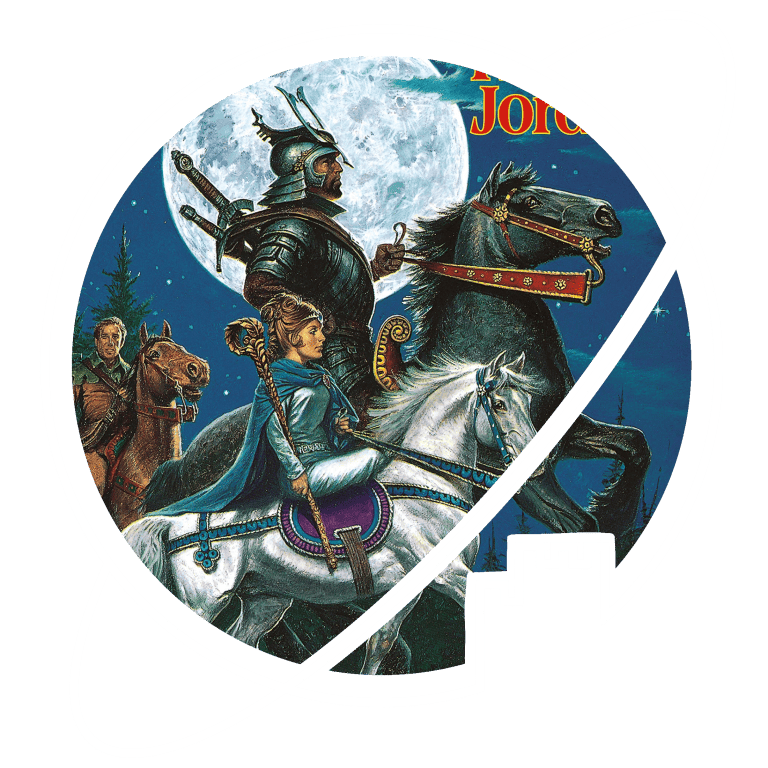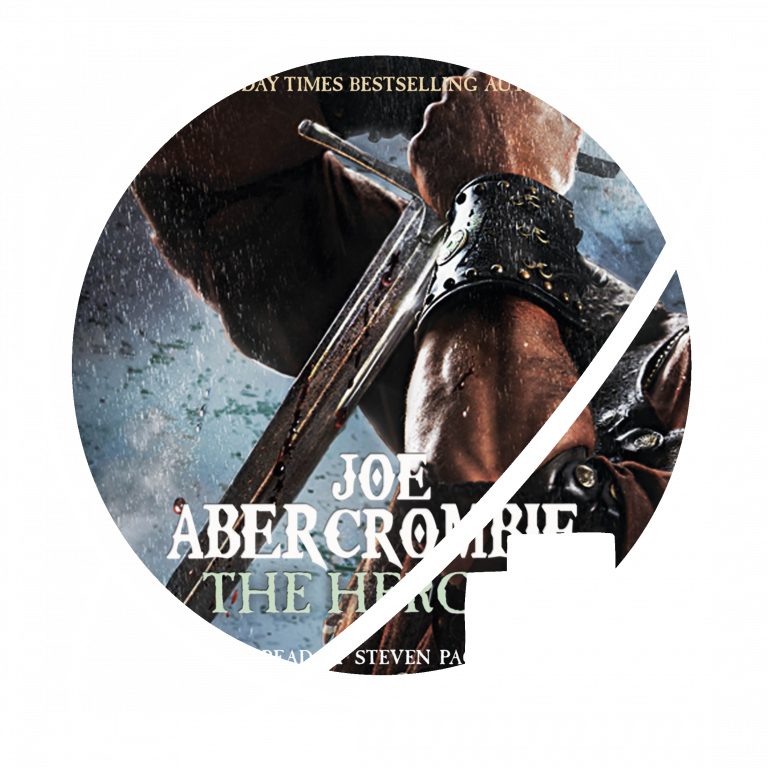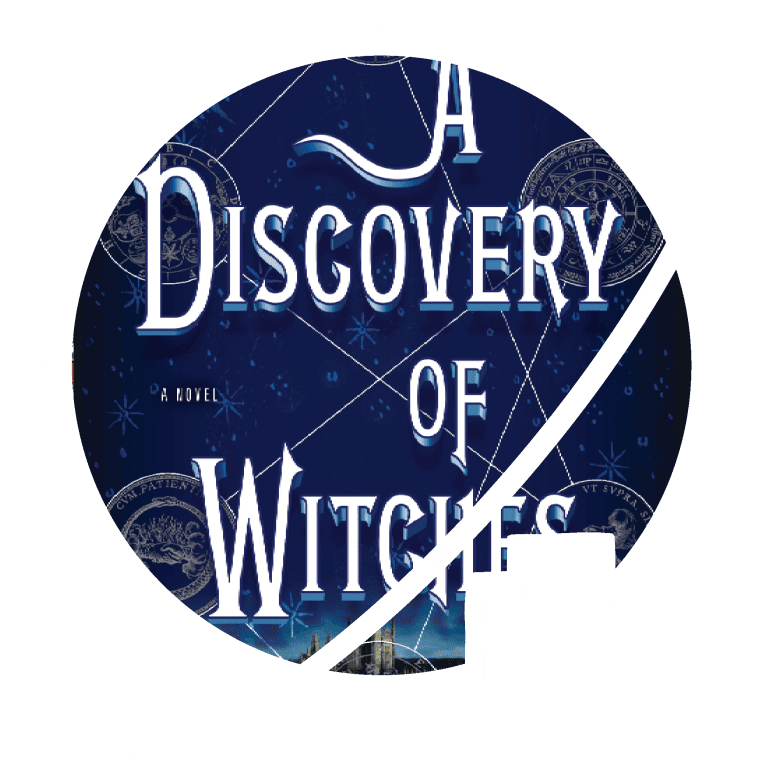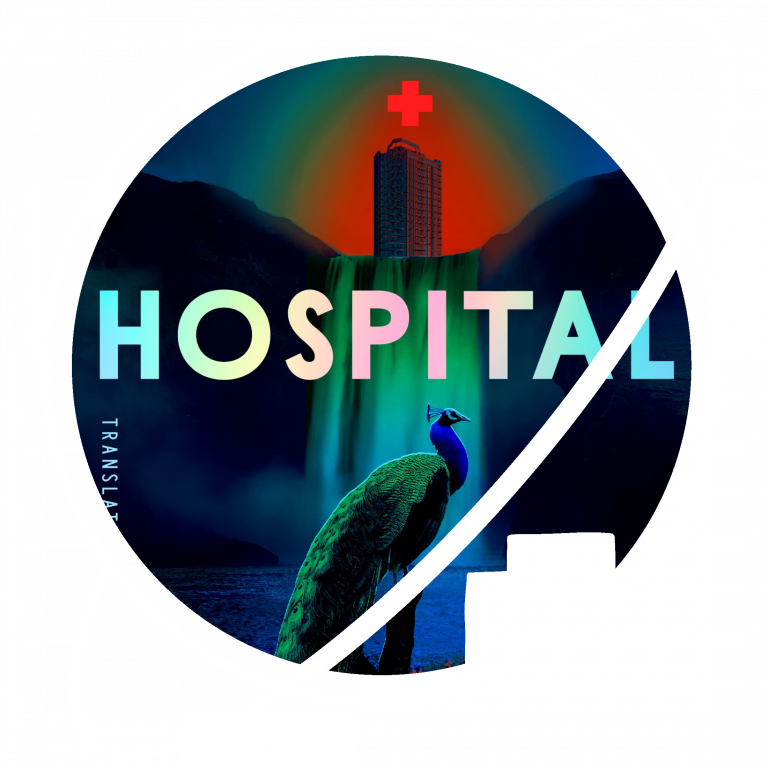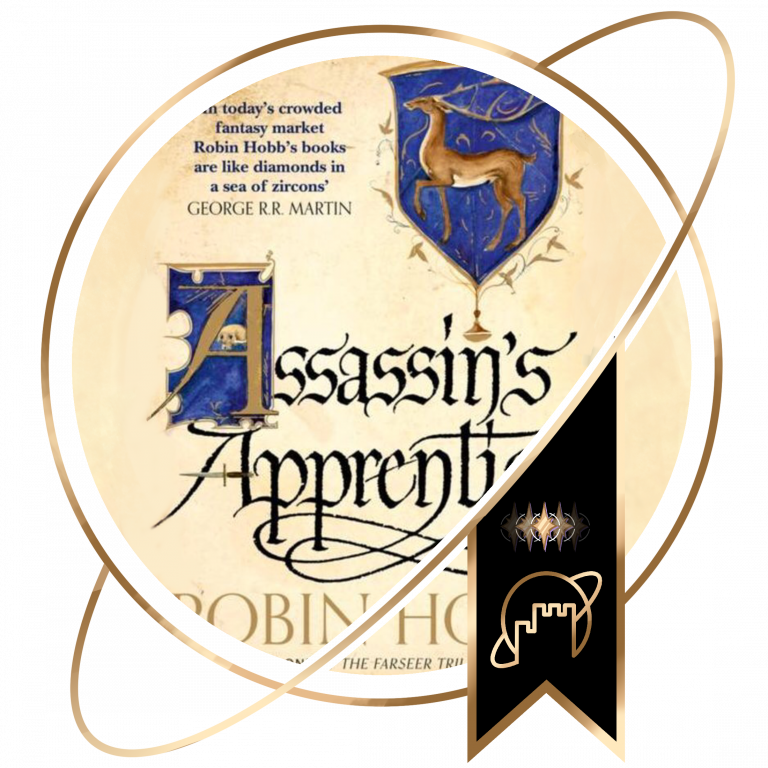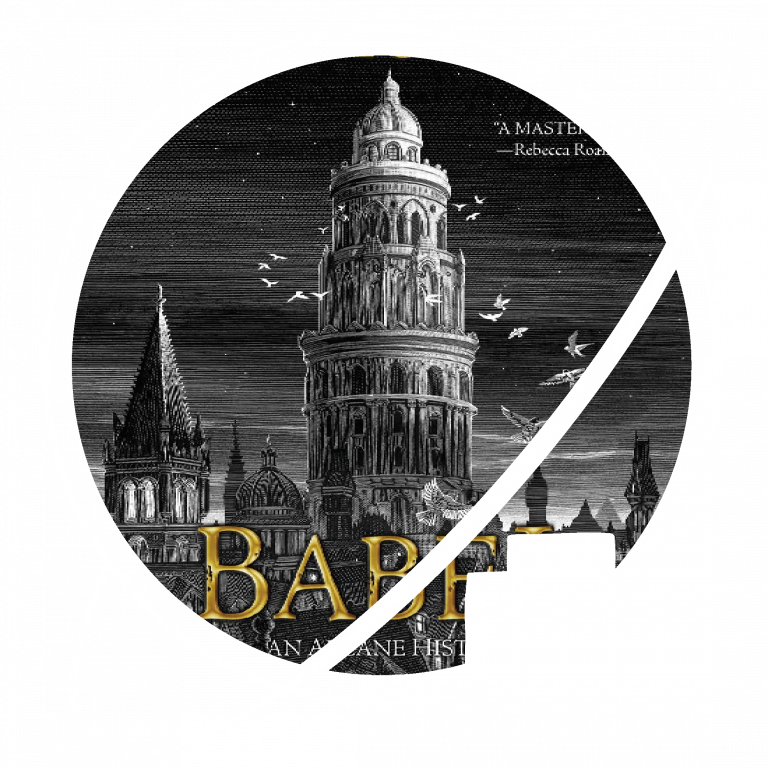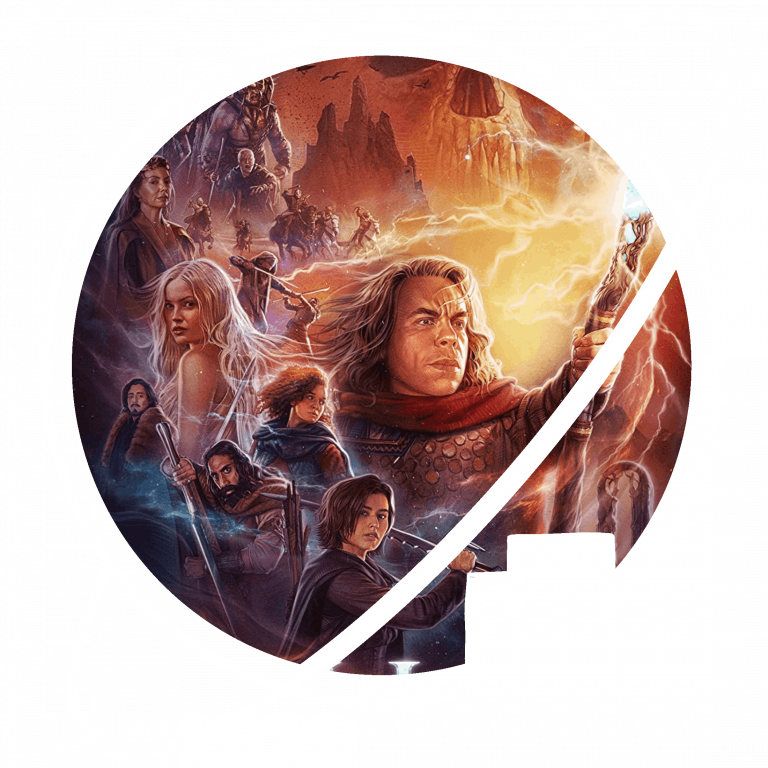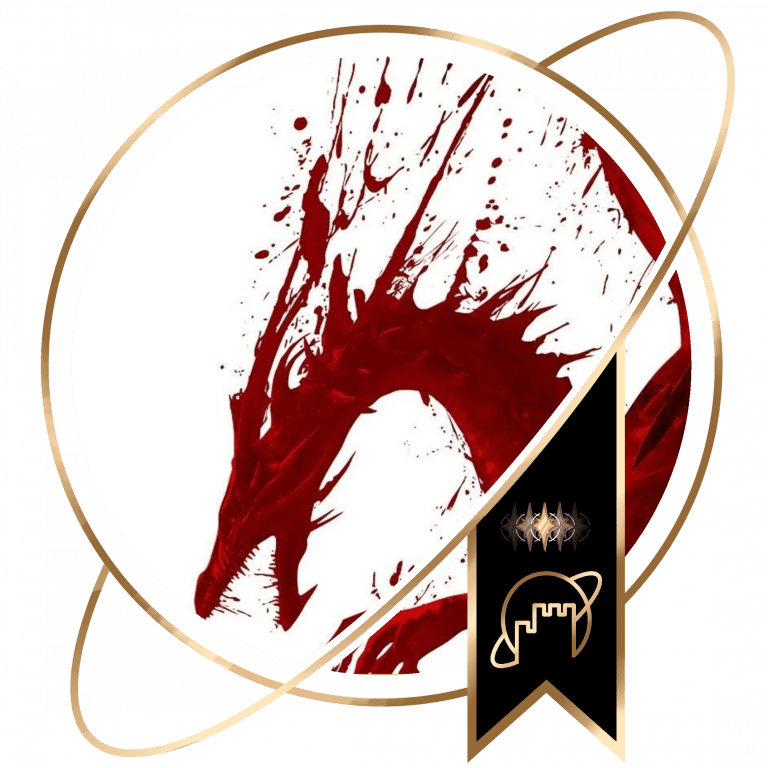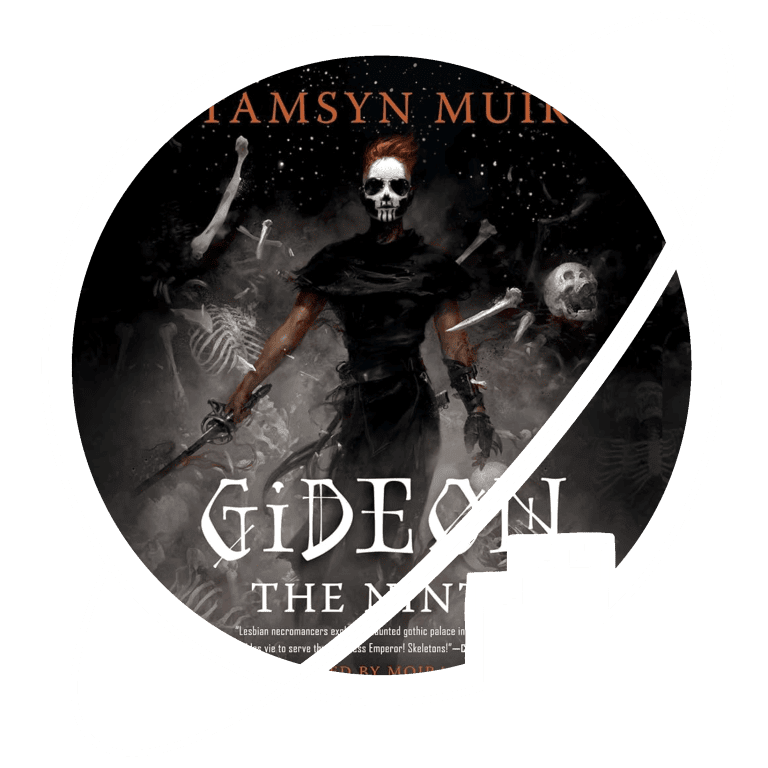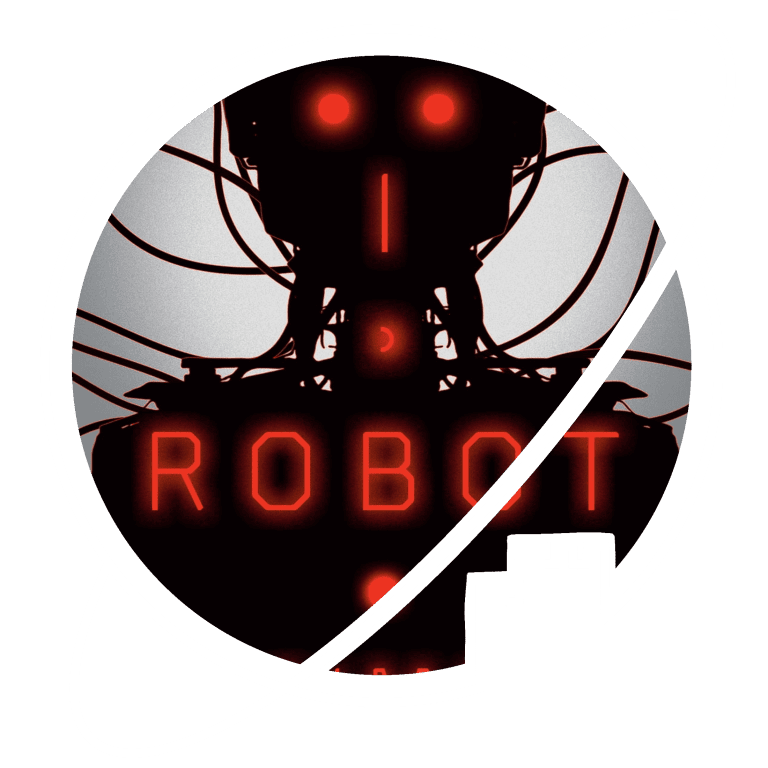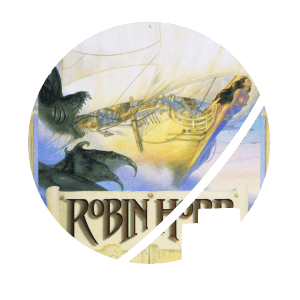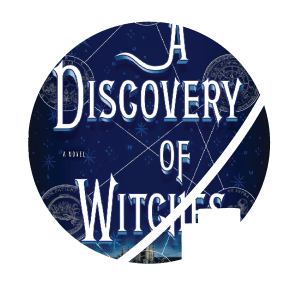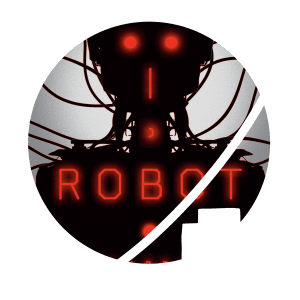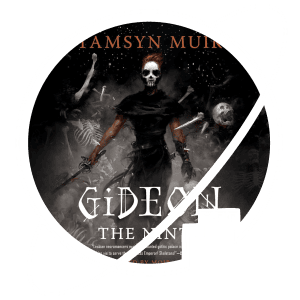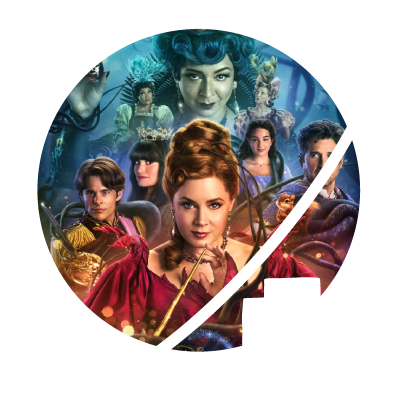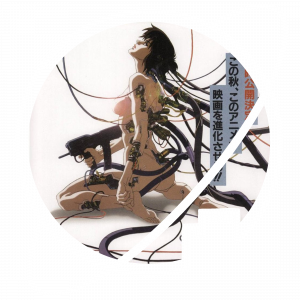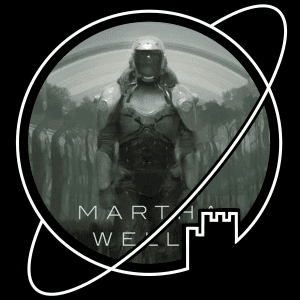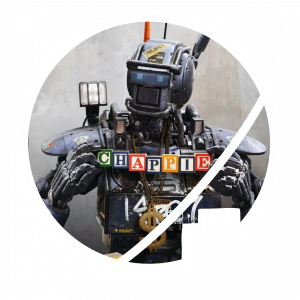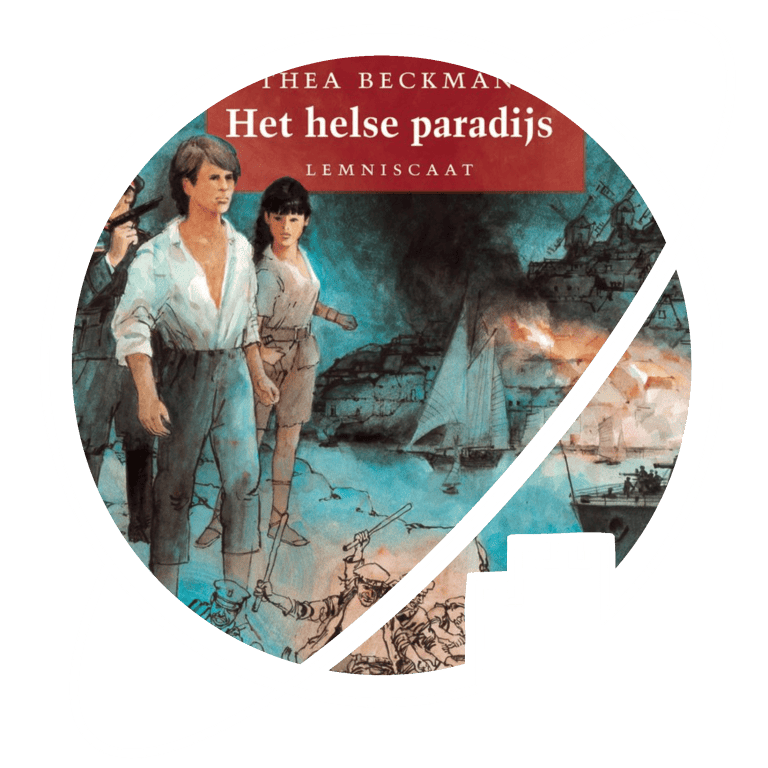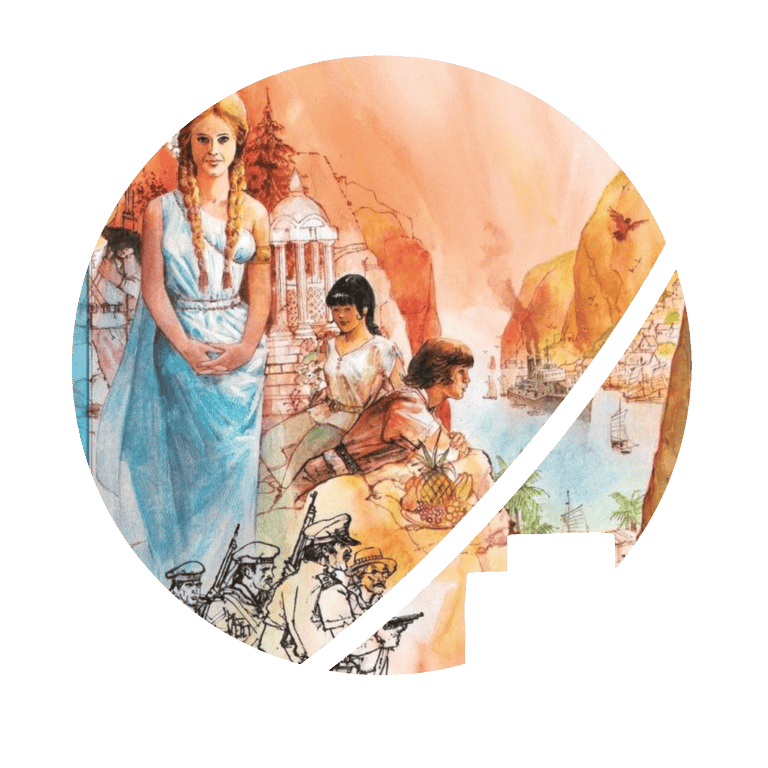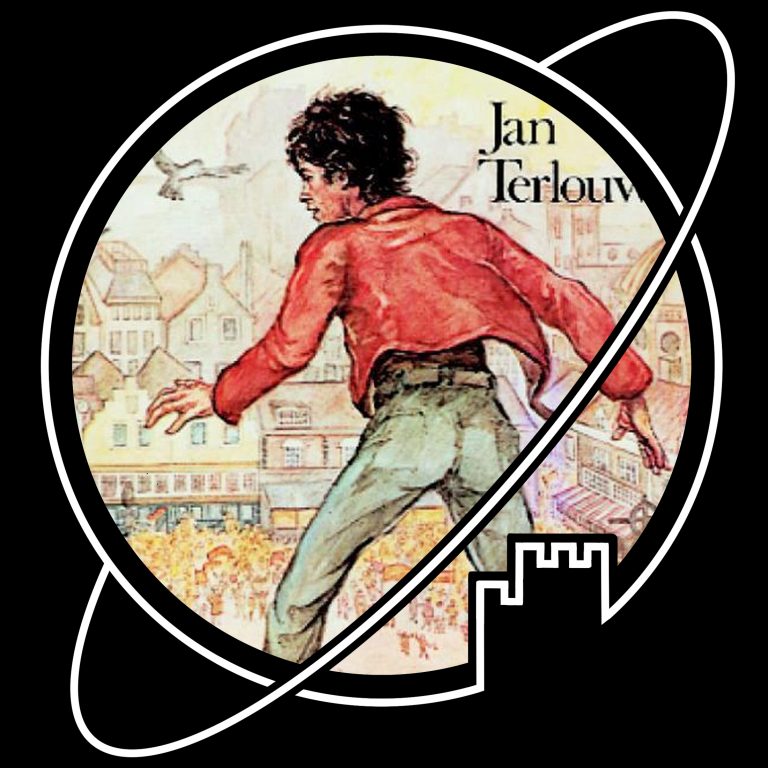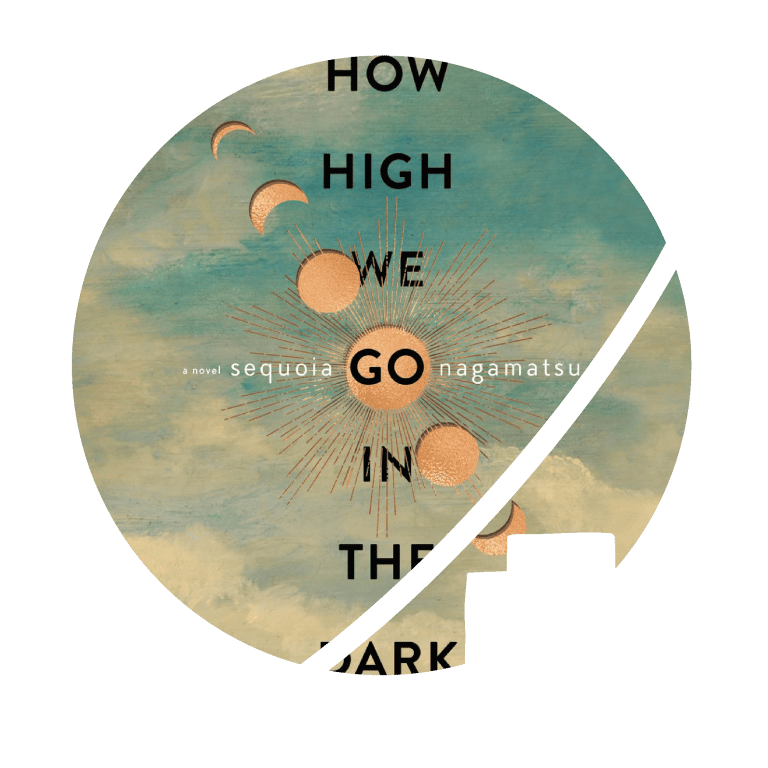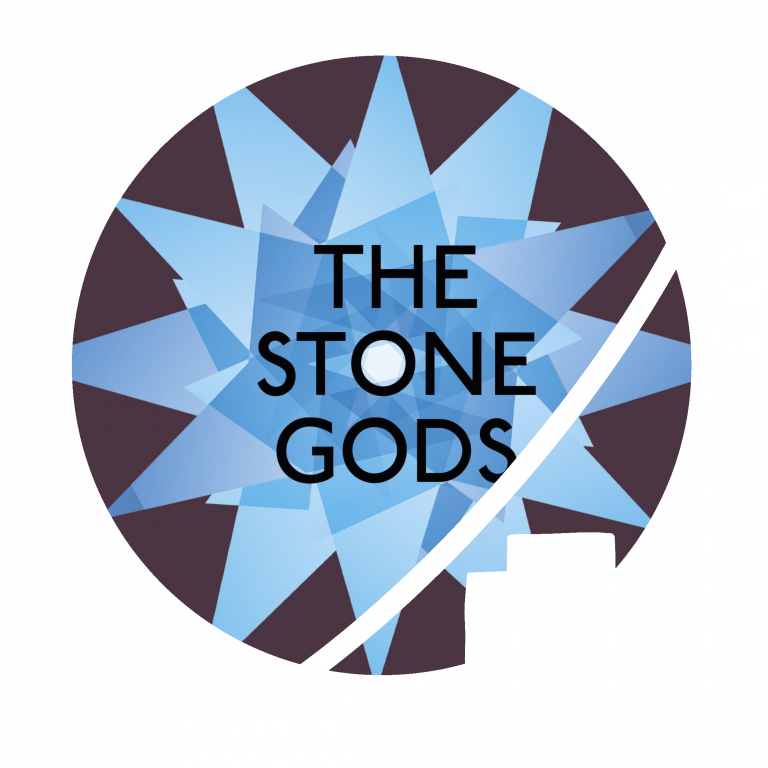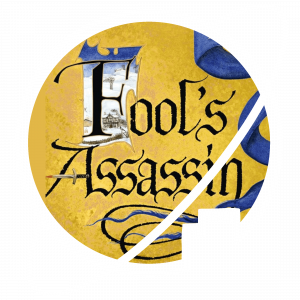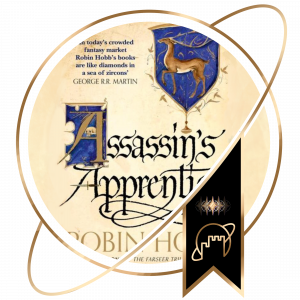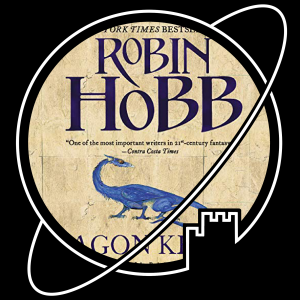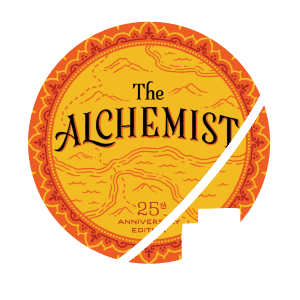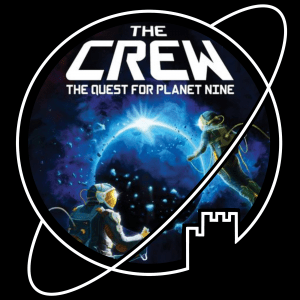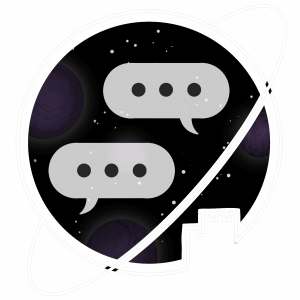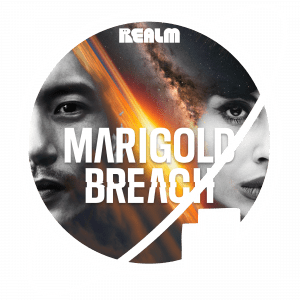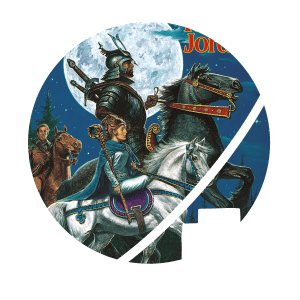Welcome to the Escape Velocity Collection!
We are an opinionated group of friends reviewing all sorts of fantasy and science fiction media. Don’t forget to get to know the curators and visit our curated Collection, where we discuss the stories that never cease to transport us to another world.
Will you escape with us?
LATEST POSTS:
- Dungeons and Dragons Actual Play series
- Produced by Dimension 20 for Dropout.tv
- Released in 2023
- DM'd by Aabria Iyengar
- Starring Brennan Lee Mulligan, Siobhan Thompson, Rashawn Nadine Scott, Jasper William Cartwright, Erika Ishii and Isabella Roland

I feel like I say this for every Dimension 20 campaign I watch, but man, I think this is my new favourite campaign of the show. D20 just keeps getting better. From the stunning set design by Rick Perry and his team to the storytelling by the amazing Aabria Iyengar, everything about Burrow’s End just works. The premise is cute: a family of stoats having to flee their home. However, they soon discover that the world is scarier than they thought. The characters are varied in both personality and age, with Erika Ishii playing an elderly stoat, contrasted by Siobhan Thompson and Isabella Roland as excitable 8-year-olds. They’re all equally unhinged and I loved it.
The family dynamic in particular is what makes the season so good. It can be hard to start a story like this, where the characters have a long-established history. Often in D&D, the characters have just met and have the chance to get to know each other throughout the campaign. In Burrow’s End, we follow a family, with a pre-existing dynamic. Even though I know that the cast is amazing at improv, it still surprised me just how well they managed to set this dynamic up. The characters genuinely felt like a family.
Even though the season was incredibly funny, it was also surprisingly deep and scary. Aabria really has a way of setting up a story that is simultaneously hilarious and somehow deeply unsettling, and I love that. The stakes felt real, and the setting pulls from real history in a way that makes it easy for the players and the viewer to understand what was happening in a way that the characters wouldn’t fully grasp. This also made it incredibly fun to watch the players desperately try not to metagame when they put story threads together that their characters wouldn’t be able to yet.
With only ten episodes, Burrow’s End was quite short. Still, this meant that the pacing stayed fast. I do think the show may have benefited from a longer run. It would have given Aabria and the cast the time to work out some of the storylines that didn’t get tied up quite as nicely as one might have liked. Also, I would have just enjoyed watching more episodes of this show.
Tagged:
See also:
We survived another one! Another year done, with highs and lows for everyone.
Our curators look back at their 2023 in speculative fiction, by evaluating their resolutions for the year and highlighting their favourite media/reviews of the past twelve months.
How successful were you in fulfilling your 2023 resolutions? And, when it comes to speculative fiction, what were your favourites, disappointments and surprises this year?
2023 resolutions
I’ve been on a slow upward trajectory this year, and I’ve read more than I have in a while. And I actually managed to hold up my resolutions!
I read three novels in The Wheel of Time – and to be honest, that might have been three too many. It is not that bad, but it is just so… middle of the road. There is so much out there that I’d rather read! I guess you could say one of my resolutions for 2024 is that I will not be persuaded to spend more time on The Wheel of Time.
And I did actually paint a few miniatures this year! Not nearly as many as I used to, but I’m really glad that I climbed over the painting barrier in my head and I managed to work painting back into my routine. I’ve mostly been adding to my Rohan army, but I really need to start painting heroes for that Quest of the Ringbearer-campaign that is really going to start some time soon, I promise! I suppose the next challenge would be to actually paint more miniatures than I buy (or print….) next year.
I didn’t actually play as much tabletop roleplaying games as I intended, but we did finally finish Seed of Mars after 7 years and that is probably the most satisfying TTRPG-experience I have ever had, with all the storylines coming together and the excitement running really high! I’ve actually already been asked to re-start the whole campaign with a new group, so of course I agreed. I’ve actually really enjoyed upping my game with the visuals – redesigning the character sheets, drawing the objects and vehicles… though now I need to make sure that I don’t put the bar too high.
favourite
I’ve read a couple of books I really liked this year – such as the gripping dark He Who Drowned the World and the unexpected Odyssey of Metro 2033, but for my favourite book we’re going to have to go all the way back to Joe Abercrombie’s The Heroes. I really love his style, I really love his interesting narrative choices, I really love that it’s both a great standalone and a great tie in, and I really couldn’t find anything to criticise. I think it is a must read if you are even casually interested in the dark underbelly of traditional fantasy.
Biggest Surprise
I’ve come across a couple of surprises, too, this year: I didn’t expect to enjoy the Dungeons & Dragons movie nearly as much as I did, for example. But the one that stands out for me is Legends & Lattes, which I finished recently – reviews are coming shortly, but I’m hoping the other curators will hop on the bandwagon before I publish mine. I’ve been outspoken about disliking the fantasy-as-a-setting trend before, and the whole thing screamed ‘not for me’. But I saw it was on the Hugo shortlist, which surprised me a little, and once I realised it was only 8 hours long, I gave it a whirl. And it was actually really good! Unapologetic, fun, light, and short enough never to lose momentum. A real pity it didn’t actually take home the Hugo – I liked it a lot better than Nettle & Bone (review also upcoming), which won the award this year.
Biggest Disappointment
I’m probably not allowed to cite the Dutch general elections this November as my biggest disappointment this year (though some party platforms did read like a fantasy book…). I actually considered going for The Priory of the Orange Tree for my disappointment of the years, not because it was bad – it was actually still pretty good – but because for some reason I expected it to be exalted and, well, it wasn’t. That didn’t feel fair though, so I’m going to go with The Wheel of Time instead. That, too, wasn’t that bad, but it was just… uninteresting? So many people swear by it, but I really couldn’t get into it. Life is too short to read the Wheel of Time.
2023 resolutions
This year flew by for me. I don’t feel like I got a lot done, but that’s probably because I’ve started figure skating in winter. A lot. And then when the season ended and my rink closed, summer just felt like a big vacation, so I didn’t get around to doing all of the stuff I vowed to do. But I still managed to do okay at my resolutions!
I don’t remember exactly when I started the initial Farseer–trilogy, but I know it was a LONG time ago. I’ve been avoiding finishing the series because I really love it. For those who don’t know: this series consists of 16 (!) books. This year, I finally managed to read the first two books of the Fitz and the Fool–trilogy, the final trilogy of the series. Despite owning gorgeous hard cover versions of the last two books, I ended up listening to the audiobook for the final novel. I’m currently still listening to it!
My second resolution is a bit of a rough one. I barely drew anything this year, let alone fanart. I just haven’t felt very motivated to draw, I suppose. I intend to pick it back up next year, though!
On a more positive note, I’m happy to report that I’ve finally finished Assassin’s Creed: Odyssey! Or at least, I’ve finished the main quest. The spoiler I saw that made me vow to actually finish the game this year wasn’t actually part of the main quest, apparently? So I suppose there’s still a bunch of content still to see. However, I’m happy with the time I put into the game and I don’t intend to pick it up again anytime soon.
favourite
I would say my favourite thing I picked up this year is the latest season of Dropout’s Dimension 20: Burrow’s End. It was the perfect mix of funny, spooky and heartfelt. The campaign was mostly roleplay with little combat, which was perfect for me as I’m not a huge fan of combat in D&D live play shows. Also the show focuses on a family of stoats, which was cute as heck.
Biggest Surprise
I suppose my biggest surprise of this year was getting an advanced reader copy of a pretty serious sci-fi book; Han Song’s Hospital. I haven’t done much research yet into the world of ARC’s, and I’m quite content just uploading reviews of things way after their popularity has died down. Still, it was fun to be offered the opportunity to read a book before it comes out, especially because it’s the type of book I likely wouldn’t have picked up myself.
Biggest Disappointment
I’m not sure exactly why I had high hopes for A Discovery of Witches, but it was an absolute slog to get through and I’m glad it’s over. Genuinely I cannot believe how many people love this book.
2023 resolutions
My year turned out to be quite hectic so I definitely did not do as much reading as I’d hoped. However, looking at my resolutions from last year it doesn’t look too bad: I did manage to read Babel, and Jop and I also finished the final season of The Walking Dead. I’m still only halfway on the first of the miniatures that I wanted to paint though, so unless I have a very productive Christmas break, that will have to wait until next year!
favourite
I really enjoyed Babel, which I read at the beginning of the year, but if I’m honest with myself there was another book that I enjoyed even more. Although it isn’t speculative fiction I will still mention it here, because it is also by R. F. Kuang. I found myself jumping on the bandwagon of this year’s big literary sensation: Yellowface. If you’re looking for something that’s a little different and that has a fast-paced, darkly funny discussion of racism and the book industry, give it a go!
Biggest Surprise
Here, I have to say Willow. While I still would not describe this show as ‘good’, I look back on it with more fondness than I ever thought possible. I undeniably had a good time with it and if it hadn’t been cancelled, I would even be looking forward to the next season.
Biggest Disappointment
Looking back, I have to conclude that my year was pretty average. There weren’t any major disappointments, but also not that many things have really stayed with me. So I guess in a way that in itself is my biggest disappointment. I’m hoping that next year will feature some more highlights!
2023 resolutions
Oh yeah, those resolutions I made up last year. I certainly remember those…
But honestly, I didn’t do as bad as I thought. I did read I, Robot and I would have certainly played Dragon Age: Dreadwolf if the universe had blessed my existence with its release this year. For the success rate of my new resolutions it would probably be safe to not include a game that hasn’t got a confirmed release date? Still, I’ll put Dragon Age: Dreadwolf in my “to consume” resolutions till it’s released, cancelled or until any unhoped-for accident happens that will prevent me from putting together a list of resolutions.
My third resolution was to read Harrow the Ninth. This was an error (in my defence, the titles of these books are very much alike). I actually meant to read Gideon the Ninth. I am in possession of the book, but I have yet to read it. Most of my reading time this year went into rereading the Liveship Traders by Robin Hobb, a decision I don’t regret.
So, one out of three… Better luck next year?
favourite
My favourite of this year was in some sense also a big surprise (though perhaps not the biggest): Baldur’s Gate 3. Ironically, before its release I didn’t really expect to play it. I’ve tried to pick up Baldur’s Gate 2 multiple times in the past, but I never really liked it. As such, its successor wasn’t on my radar. Instead, I kept dreaming of the next Dragon Age.
However, I let myself be influenced by social media and requested Baldur’s Gate 3 for my birthday in early October. It was a month of self-rediscovery for me, with a decent amount of free time, and in retrospect the perfect moment to sink all my time into a new game. It was perfect! It’s been a while since I have played a good fantasy TTRPG and Baldur’s Gate 3 scratched an itch that desperately needed scratching. Also, I’ve always found that a process of self-reflection really benefits from intense escapism. My tiefling cleric of Mielikki and her ragtag band of adventurers were really great in that regard.
Biggest Surprise
I’d nominate I, Robot for the biggest surprise category this year. This is not a sign of distrust of Peter as my science fiction mentor, but rather a personal bias when it comes to science fiction media. on the whole. In general, I just don’t expect to like it as much as I love fantasy. I very much enjoyed I, Robot though!
Biggest Disappointment
There weren’t really any disappointments for me this year, I believe. At least not when it comes to speculative fiction. Except for the aforementioned complete lack of Dragon Age: Dreadwolf, of course… Somehow, I keep setting myself up for disappointment with that one. Year after year. Oh well…
That’s us for today, folks! Happy holidays!
Check out some of the reviews of related media here:
- Movie directed by Adam Shankman
- Starring Amy Adams, Patrick Dempsey, James Marsden, and Idina Menzel, Gabriella Baldacchino, Maya Rudolph
- Released 18 November 2022
- Runtime: 119 minutes
- Spin-off of Enchanted

I was looking forward to Disenchanted for years! When it finally released I couldn’t help but feel every part of the movie was strained. The music, although written by Alan Menken, sounded like a wet copy of the first movie. The storylines for all the main characters felt very forced and mainly written to give the Big Stars enough screentime. Overall, I was disenchanted by Disenchanted.

When it comes to Disney sequels, it’s usually safe to not expect a masterpiece. More often than not, they lack the quality and originality that made their predecessors shine. This is certainly true for Disenchanted, the sequel to Enchanted.
I always liked Enchanted. It has a fun and charming premise and **the amazing Amy Adams is perfect for the role of naive fairy tale princess thrown into the real world. She sold the premise.
In theory, the premise of Disenchanted – a princess wishing for some of the magic from her former life – could work too. And, with almost the whole cast reprising their former roles, it would seem that all the required puzzle pieces for success are still there. However, I found the whole movie to be quite forgettable…
I’m afraid that’s all I have. For someone who’s often able to recount most story beats and details from media she has consumed, this is quite telling though. From Disenchanted I remember practically nothing, except that Idina Menzel – whom I still love – at one point sings an awkward song centred around the words “love power”. So, if you enjoy Idina Menzel’s singing, this movie has at least one think to look forward to?
Tagged:
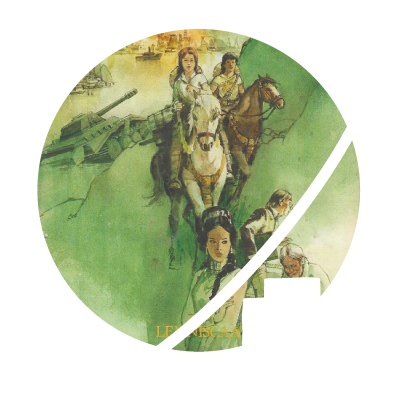

Listened to the audiobook with Emmelie Zipson again – well read!
Het Gulden Vlies van Thule does something interesting: it is almost as if Beckman ‘skipped’ a book in between Het Gulden Vlies and Het helse paradijs: when the story starts, our characters from previous books are in the past, and we’re a couple of years into the invasion and colonisation of Thule, and we follow the adventures of a girl emigrating from the Badener Empire to the ‘Annexed Territories’.
This means that again, the story is quite different from the previous books, which keeps the story fresh. There is more attention to the plight of the Badener citizens who, misinformed by their government and suffering from the Badener Empire’s poor resource management, want to escape poverty by taking a position in the colonies.
I won’t say that the first two books aren’t political, but Het Gulden Vlies van Thule is even less about the exploits of a few individuals, and even more about the struggle between two societies.
I’m always a little torn about Het Gulden Vlies van Thule. The first two books in the trilogy are a little brighter, a bit more optimistic. Het Gulden Vlies is perhaps more realistic, but as a result is also pretty grim. I won’t spoil the ending, but I’ve always felt like, in the end, no-one won and everyone was in the wrong. I guess that’s just war?
I think Het Gulden Vlies van Thule does a good job of presenting both sides of a conflict, painting a more balanced or neutral picture of the warring sides and allowing the reader to draw conclusions themselves.
In that sense, I think Het Gulden Vlies can be a great educational experience, a good introduction for children to talk about war, about right and wrong, and about peaceful resolution.
Having reread the trilogy, I felt like a fourth novel was missing, a story describing how the two societies grew towards a durable peace. Perhaps Beckman never got round to that, or perhaps she felt like it wouldn’t be a realistic outcome.
I’m still dreaming.
Tagged:
See also:
- Short Story written by Sylvain Neuvel
- Published 12 February 2019
- Standalone
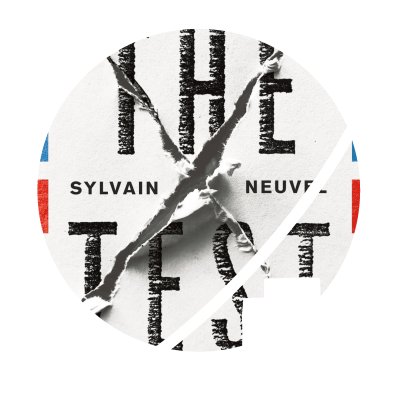

I’m a big fan of Sylvain Neuvel since I read the Themis Files, so when a short story from his pen appeared in my audiobook app, I immediately tapped.
I love The Test because it is a great example of a sci-fi short story in the tradition of the great masters such as Philip K. Dick and Isaac Asimov, placed into our modern time.
It takes an interesting science-fiction concept and inserts it into a short story with a great twist. The concept fits neatly into the short format and Neuvel makes his point without bloating the story. The bite-size nature of The Test means there is no need to stretch the suspense and the twist is delivered quickly and effectively, while leaving just enough room to explore its meaning. Neuvel does not need to explain everything and is comfortable leaving a lot tot the reader to imagine.
What is left is relatively minimal, but that does not mean that The Test is a light read. It delivers scathing societal commentary and raises thought-provoking philosophical questions. It is one of those stories that prove that good sci-fi is political – its near-future premise and reflection of current societal morals means it cannot be read without considering what implementing a concept similar to The Test would mean in our own reality.
The Test is a true conversation starter that constantly places you in the shoes of the main character and makes you consider tough moral questions – definitely worth spending a couple of hours on!
Tagged:
See also:
- Novel written by Robin Hobb
- Published 11 August 2015
- Part two of the Fitz and the Fool trilogy
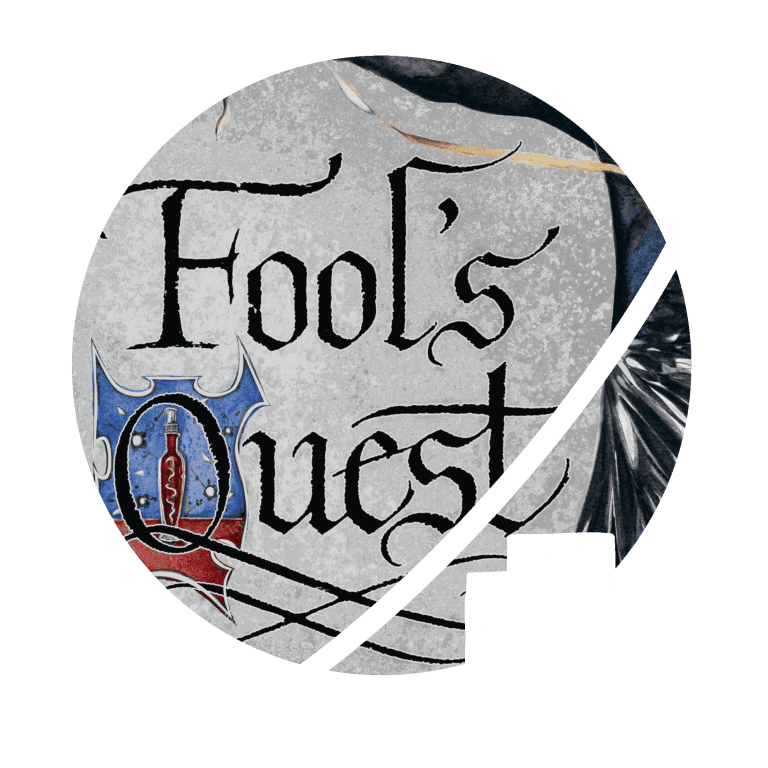

What can I say? If you’re this far into the series, why are you even reading reviews?
Needless to say, I enjoyed Fool’s Quest. Just like I enjoyed the other 7 novels following Fitz’s life. A word to the wise: Fitzchivalry is a little annoying in this one. But it’s nothing a seasoned Hobb fan won’t be able to handle.
This series is separated into three books mostly because it would be too hard to publish one 3000-page novel. This may well be true for Hobb’s other trilogies, though it’s been so long since I read those that I couldn’t say for certain. With this book, however, I really noticed it. The story just sort of ends, not because it makes sense narratively, but because it needed to end somewhere. I don’t know if that’s a bad thing, necessarily? It’s just kind of weird.
One thing I loved about this book is the exploration of gender and gender identity. Both the Fool/Amber and Spark/Ash seem to be gender fluid and though Fitz seems a little confused at first, he does seem to respect, if not quite understand it. Fitz gives me the vibe of someone who’s been raised in a quite conservative way, but eventually learns to be more open to people who are “different” from him. Like, he doesn’t quite get it, but he loves the Fool and wants him to be happy. Still, I’m currently in the third book, and find myself almost gritting my teeth every time someone mentions Fitz’s relationship with Amber/The Fool. I just know he’s going to be weird about it eventually. It’ll be a whole thing where he’s like “But I’m not gay!!!”. Though this genuinely might have already happened in an earlier book? Anyway, it’s interesting to see the topic of gender tackled in a book that’s not inherently about LGBTQIA+ people.
I do have one note that may be relevant to some readers: there’s a lot of mentions of sexual assault in this book. If that’s not your thing, you may want to avoid this series.
Tagged:
See also:
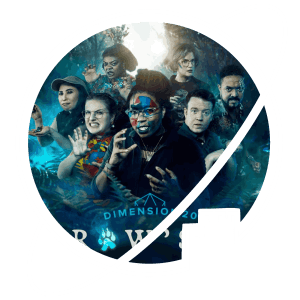
Review: Burrow’s End – Dimension 20
Burrow’s End follows a small family of stoats who are driven out of their burrow by a mysterious storm. As they fight to find a new home, they soon realise that the real world is threatening in ways they could never have imagined. The season is DM’ed by Aabria Iyengar, and stars Brennan Lee Mulligan as single mom Tula, with her children Jaysohn, a hyperactive karate kid (played by Siobhan Thompson), and Lila, a clever know-it-all (played by Isabella Roland). Tula’s sister Viola (played by Rashawn Scott) is the enigmatic wife of cult leader Thorn (played by Jasper William Cartwright). Tula and Viola’s mother is a grizzled old stoat named Ava (played by Erika Ishii).
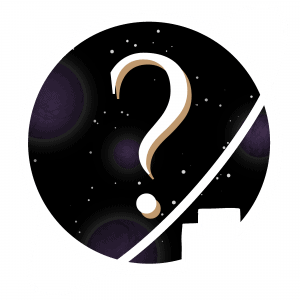
Yearly Wrap-up: 2023 in Review
Our curators look back at their 2023 resolutions, and their favourite fantasy and science fiction media of the past year. Which media on their to be read/watch/listen/play piles got their attention? And what else did the year bring?
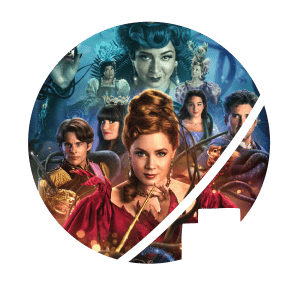
Review: Disenchanted – Disney
In ‘Enchanted’, former storybook princess Giselle leaves her fairy tale life behind to find a happily ever after in the real world with a single dad and his pre-teen daughter. In this movie, Giselle has a baby of her own and a now gloomy teenage stepdaughter. To try and escape an existence in a rut, Giselle makes her family move to a small suburban village. Furthermore, she uses a magic wand to wish a fairy tale life for her family. Alas, as often tends to happen with wishes, things don’t work out as she intends…

Review: The Golden Fleece of Thule / Het Gulden Vlies van Thule – Thea Beckman
Part 3 in the Children of Mother Earth Trilogy – Elvira is the daughter of the Badener vice-governor of Uppernavik, one of the Annexed Territories in Thule. Life in the annexed territories is primitive, in no small part due to constant sabotage by Thulenian terrorists. When she resolves to learn the Thulenian language in an attempt to understand the foe, she could not have foreseen the path that that decision would set her on.
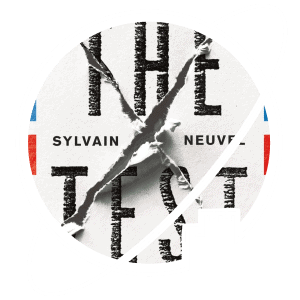
Review: The Test – Sylvain Neuvel
In order to obtain UK citizenship, a man sits a difficult immigration test. Before he finishes, though, the session is disturbed by some unexpected visitors and the afternoon takes a grim turn…
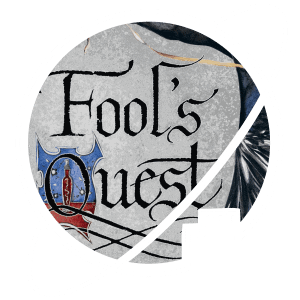
Review: Fool’s Quest – Robin Hobb
After the events of Fool’s Assassin, Fitz finds himself back at Buckkeep Castle with his old friend, the Fool. The Fool warns him that the pale folk are looking for a child known as the Unexpected Son. Meanwhile, Fitz’s young daughter Bee is left at Fitz’s estate Withywoods, but she won’t be alone for long…









